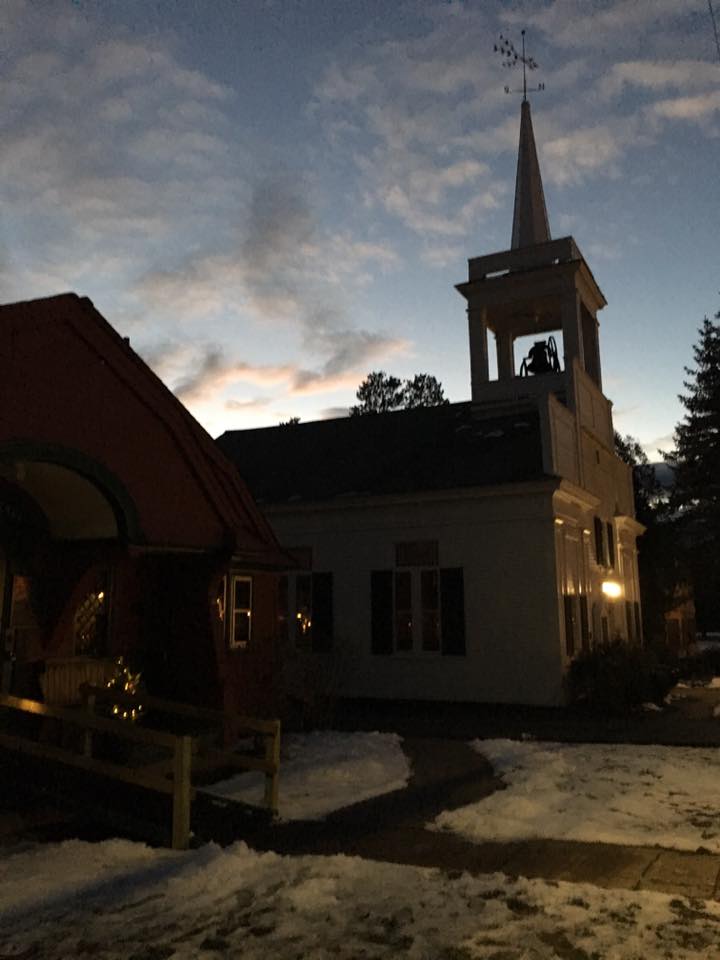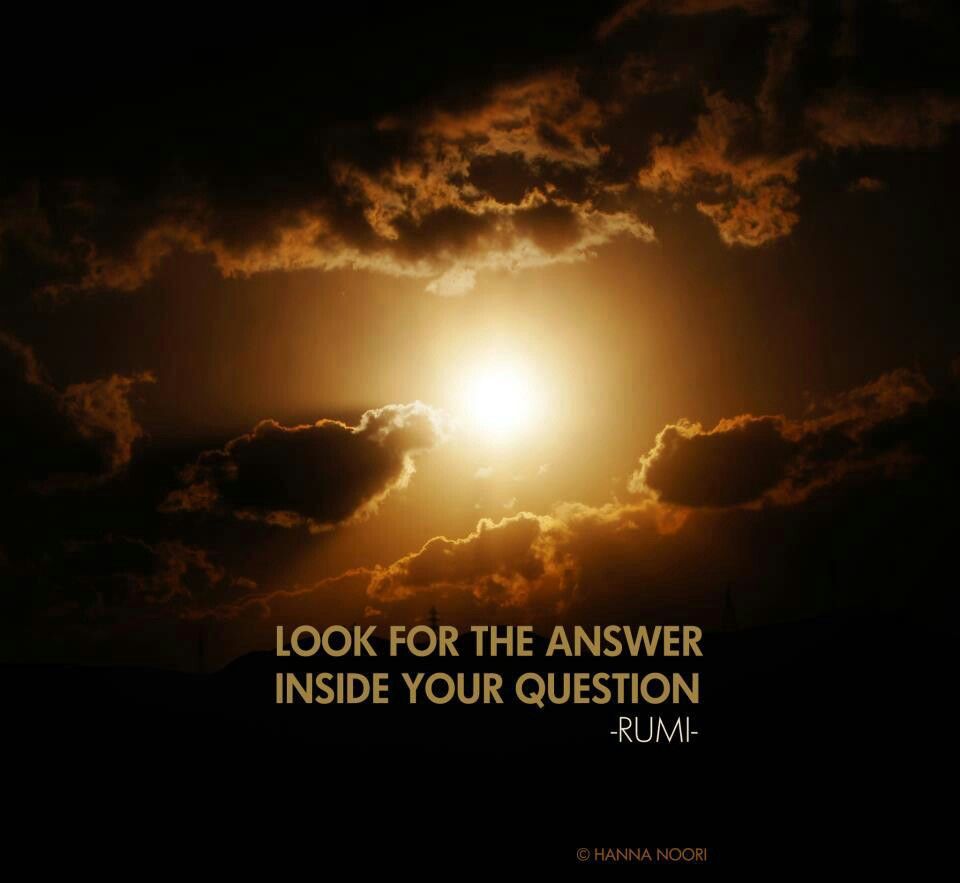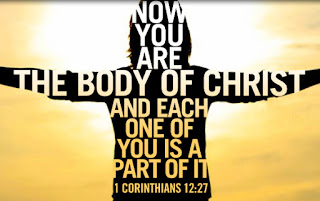Protected: Lenten Devotionals
Sat, Nov 28 Gratitude Reflection
Pay attention to darkness. What are the gifts that darkness brings to you?
Shade provides respite from glaring light or extreme heat. Night permits sleep and rejuvenation. Shadows reveal depth.
Darkness is, in some ways, the absence of light and color. In other ways, it is the blending of many hues to create a deeper, richer palette. Darkness may be identified as the fecundity of the womb and the slow nurturing of the dormant earth in winter. Darkness is the home of starlight, the natural element through which all light moves.
What form of darkness feels significant today? The cozy dark of a beloved corner where you can tuck up and retreat? The vaulting depths of a night sky? The eternal emptiness of the unlit ocean? The secret darkness of a hiding place where a treasure might await you?
In our faith tradition, darkness is that fertile state of being, across with the Spirit moved, originating the creative dynamics that resulted in genesis. Life sprang out of darkness.
Give thanks for darkness. . — Rev Gail
He reveals deep and hidden things;
he knows what is in the darkness,
and light dwells with him. — Daniel 2:22
Someone I loved once gave me a box full of darkness.
It took me years to understand that this too, was a gift.
— Mary Oliver
You must have shadow and light source both.
Listen, and lay your head under the tree of awe.
— Rumi
Tue, Nov 24 Gratitude Reflection
Appreciate questions. Sometimes it is essential to dwell in the uncertainty of asking, the discomfort of not knowing. Sometimes we get a choice, as when we are students, and opt to learn. Other times, we are thrust into such situations, and must cope. Either way, this becomes a necessary skill: to be present to what we have not yet learned or thought, and to discover that there is much we do not yet understand.
To ask, or to be asked, is to become vulnerable. When you inquire, you enter into a reciprocal relationship, expressing your own need for information or education, admitting you need support or assistance to attain the answer you seek. You acknowledge that, one way or another, you are seeking. You also turn to someone else for guidance toward an answer.
Sometimes, simply by asking, you also discover that you know what is needed. That by articulating the question, you find insight within yourself.
At the same time, to ask a question, or to be asked, is to become strong. When you embrace the state of uncertainty and not-knowing, you become more comfortable with growing and learning. To ask a question is to become more connected, to open yourself to the resources of a network of relationships. To be asked a question is to be honored or perceived as someone who serves as a guide or mentor.
Appreciate that in the asking, or being asked, you do not have to know the answer. Sometimes it is best to acknowledge that you, too, will have to make inquiries in order to provide a solution or information. Or that if you are the one asking the question, be prepared with patience and humility, to wait for answers, or to receive only partial responses and incomplete understanding.
Give thanks for questions. — Rev Gail
To you, O God of my ancestors,
I give thanks and praise,
for you have given me wisdom and power,
and have now revealed to me what we asked of you,
for you have revealed to us what the king ordered.
— Daniel 2:23-24
There are going to be frustrations in life. The question is not: How do I escape? It is: How can I use this as something positive? ― Dalai Lama
GRATITUDE (excerpt) — Mary Oliver
What did you notice?
What did you hear?
When did you admire?
What astonished you?
What would you like to see again?
What was most tender?
What was most wonderful?
What did you think was happening?
Thursday, November 5: Gratitude Reflection
Let us give thanks for windows and doors. For physical thresholds that mark our arrivals and departures, our comings and goings. Sometimes they’re more than a knob and a hinge: they’re portals of transition. They demarcate the places we begin or end, they designate both routine movements and life-altering journeys.
At such portals, we leave something behind. Imagine something new. Say farewell. Anticipate hello.
Doorways and windows are gateways and portals. They launch us. Send us off. And welcome us.
They transport us from one environment to another, one state of being to another: inside to outside, human-made to natural, domestic to foreign, private to public, personal to professional, learning to living, living to work, work to play.
At doorways and windows, people move, look, and listen. They permit entry and protect against access. Sometimes they’re simple openings, alternately they involve barriers with locks for security and privacy.
Through doors and windows, we experience many states. Opening. Closing. Revealing. Hiding. Accessing. Retreating. Locking. Liberating.
Give thanks for what a door might offer or a window give. Let us appreciate these points of transition. —Rev Gail
Those who live at earth’s farthest bounds are awed by your signs; you make the gateways of the morning and the evening shout for joy. — Psalm 56
Enter his gates with thanksgiving, and his courts with praise. — Psalm 100
However, gratitude is not just an expression of good manners; it’s a doorway to higher consciousness.
— Chopra Center
Praying (excerpt) — Mary Oliver
… just pay attention, then patch
a few words together and don’t try
to make them elaborate, this isn’t
a contest but the doorway
into thanks, and a silence in which
another voice may speak.
Meditation on weakness & strength, love & reconciliation: many members, one body. Theme from 1 & 2 Corinthians.
As for the body, it is solid and strong and curious and full of detail; it wants to polish itself; it wants to love another body; it is the only vessel in the world that can hold, in a mix of power and sweetness: words, song, gesture, passion, ideas, ingenuity, devotion, merriment, vanity, and virtue. Keep some room in your heart for the unimaginable.
— Mary Oliver
Questions to consider as themes from 1 & 2 Corinthians:
- What part of your body is weakest, most vulnerable?
- Which part of your body is strongest?
- In your community, who is weakest? Who is strongest?
- When and how do we honor those who are vulnerable? Do we honor anyone whom you consider to be weak?
- When and how do we become weak and vulnerable with others? For others? In what ways does this reveal strength?
- Who is your ‘opposite’? What do they add to your life?
Songs about body:
- Bleed the Same by Mandisa feat. TobyMac, Kirk Franklin (Christian) – Lyric: https://youtu.be/HVKuA1s5I3o
- This Is Me from Greatest Showman (anthem) – Link: https://youtu.be/CjxugyZCfuw
- Hair Body Face by Lady Gaga (rock) – Lyric: https://youtu.be/-z-8kcfU6Hk
- We Are the Body by Brooks Hills Music (Christian) – Lyric: https://youtu.be/OYOCdVI9m1Q
- Song of the Body of Christ by Marty Haugen, David Haas, Joe Camacho & Rory Cooney (Christian hymn) – Link: https://www.youtube.com/watch?v=hI_Oz_PpejU
- Body by Loud Luxury (rock rap) – Link: https://youtu.be/D_rqZm231HY
- Body by John Suaste (melancholic ballad) – link: https://www.youtube.com/watch?v=A55d5dhsReg
The body is a sacrament. The old, traditional definition of sacrament captures this beautifully. A sacrament is a visible sign of invisible grace. In that definition there is a fine acknowledgement of how the unseen world comes to expression in the visible world. This desire for expression lies deep at the heart of the invisible world. All our inner life and intimacy of soul longs to find an outer mirror. It longs for a form in which it can be seen, felt, and touched. The body is the mirror where the secret world of the soul comes to expression. — John O’Donohue
So it is not hard to understand
where God’s body is, it is everywhere and everything; shore and the vast fields of water, the accidental and the intended over here, over there. And I bow down, participate and attentive
it is so dense and apparent.
— Evidence (excerpt) by Mary Oliver
The Body is Like Mary
The body is like Mary, and each of us has a Jesus inside.
Who is not in labour, holy labour? Every creature is.
See the value of true art, when the earth or a soul is in
the mood to create beauty;
for the witness might then for a moment know, beyond
any doubt, God is really there within,
so innocently drawing life from us with Her umbilical
universe – infinite existence …
though also needing to be born. Yes, God also needs
to be born!
Birth from a hand’s loving touch. Birth from a song,
from a dance, breathing life into this world.
The body is like Mary, and each of us, each of us has
a Christ within.
– Mevlana Jalaluddin Rumi



